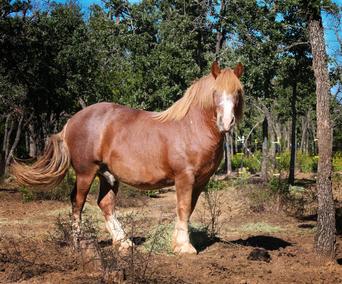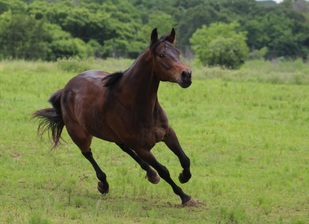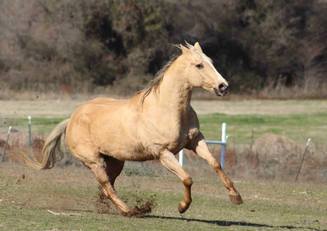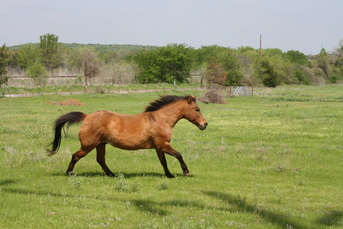



You can help Marshall, Sherlock, Vannie, and Corky continue their work with clients by becoming an angel and supporting our Be An Angel fundraiser. Just $10 ensures that the horses can participate in the session. Go to http://beanangelecc.causevox.com to make a tax-deductible contribution to the Angel Fund, held by our non-profit partner Wings of Hope.
*Client names and some details have been changed to protect client identity

 RSS Feed
RSS Feed
